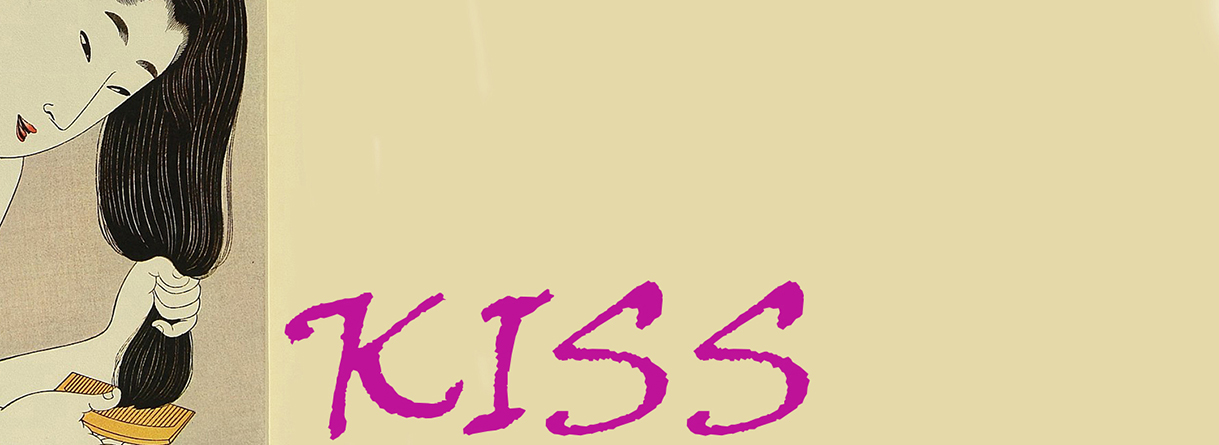Nabokov, Neruda and Borges revealed as losers of 1965 Nobel prize
Nobel archives have been opened to reveal who was nominated for the 1965 prize for literature, a controversial year won by divisive victor Mikhail Sholokhov
Alison Flood
Wednesday 6 January 2016 15.47 GMT
Vladimir Nabokov, Pablo Neruda and Jorge Luis Borges were all in the running for the 1965 Nobel prize for literature, newly opened archives have revealed, but the judges that year went instead for the controversial choice of Mikhail Sholokhov.
The Swedish Academy, the members of which decide annually on the international writer deemed to best fulfil Alfred Nobel’s criteria of “the most outstanding work in an ideal direction”, keeps the list of writers proposed for the prize confidential for 50 years. It has now opened its archives, revealing that as well as Sholokhov, names in contention in 1965 included Nabokov and Borges – neither of whom would ever win the Nobel – as well as Neruda, who would take it in 1971.
 |
| Jorge Luis Borges |
From the UK, WH Auden, Lawrence Durrell, LP Hartley and W Somerset Maugham were also proposed as potential winners that year, as was Alan Sillitoe: none would win a Nobel. Samuel Beckett, another nomination in 1965, would go on to take the prize in 1969.
Nominators for the Nobel are a mix of former laureates, professors of literature and literary experts. The choice in 1965 of Sholokhov proved divisive: the Soviet author was one of those to have spoken out against the awarding of the Nobel to Boris Pasternak in 1958, causing the author to “voluntarily” reject it. The Nobel was given to Sholokhov seven years later for the “artistic power and integrity” of his epic novel of Cossack life, And Quiet Flows the Don, with which the Nobel committee said “he has given expression to a historic phase in the life of the Russian people”. Alexandr Solzhenitsyn, who would win the Nobel in 1970, was one of a group of writers to later publicly accuse Sholokhov of plagiarising the work from Fyodor Kryukov, an accusation rejected by the author.
 |
| Vladimir Nabokov |
Swedish newspaper Svenska Dagbladet, whose journalist Kaj Schueler has looked through the Swedish Academy’s documents from 1965, reported that the choice of Sholokhov was unanimous. The series of novels that comprise And Quiet Flows the Don is a “classic masterpiece”, the Nobel committee chairman Anders Österling said at the time, “which retains its shine at every rereading, and this folk epic is still an indisputable base for the award, even if it comes too late”. The books were published between 1928 and 1940.
Schueler also revealed that the committee had discussed sharing the prize in 1965 between the Russian poet Anna Akhmatova, who was excommunicated in 1946 by the Soviet regime, and Sholokhov, a member of the Communist Party’s Central Committee. The idea was rejected by Österling, according to Svenska Dagbladet, who noted that the two writers had nothing but their language in common.
He also rejected the possibility of sharing the prize that year between Miguel Ángel Asturias and Borges, and between Shmuel Joseph Agnon and Nelly Sachs. Agnon and Sachs would go on to share the prize the next year, in 1966, Agnon chosen “for his profoundly characteristic narrative art with motifs from the life of the Jewish people” and Sachs “for her outstanding lyrical and dramatic writing, which interprets Israel’s destiny with touching strength” .
The Guatemalan Asturias would win the Nobel in 1967 “for his vivid literary achievement, deep-rooted in the national traits and traditions of Indian peoples of Latin America”, but Borges would never win. Colm Tóibín writes in the London Review of Books of how Borges’s maid, Epifanía Uveda de Robledo, said the author was “much tortured … by the possibility of winning the Nobel prize. On the day of the announcement journalists would queue outside his door. This would happen year after year. The news each time that he had not won would make him very sad.”
“Not granting me the Nobel prize has become a Scandinavian tradition; since I was born they have not been granting it to me,” said the Argentinian.



No comments:
Post a Comment